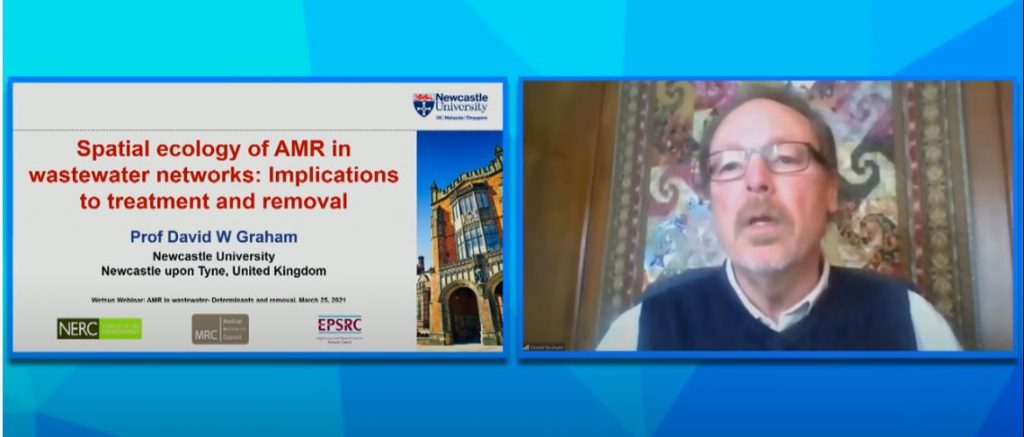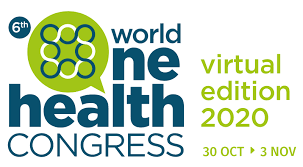The Quadripartite, the Food and Agriculture Organization of the United Nations (FAO), the United Nations Environment Programme (UNEP), the World Health Organization (WHO) and the World Organisation for Animal Health (WOAH), is hosting the Antimicrobial Resistance in the Environment Webinar Series, which covers the following topics
- Webinar 1: Understanding the basics of environmental AMR for national action – 20 June 2022
- Webinar 2: Sources, drivers and impacts on AMR in the environment – 12 September 2022
- Webinar 3: Technical solutions for prevention and control of AMR in the environment – 27 October 2022
- Webinar 4: Governance approaches for prevention and control of AMR in the environment – 1 December 2022
Professor Graham is speaking at Webinar 3: Technical solutions for the prevention and control of AMR in the environment. His talk start at 1:37:00. See the full webinar series here.



